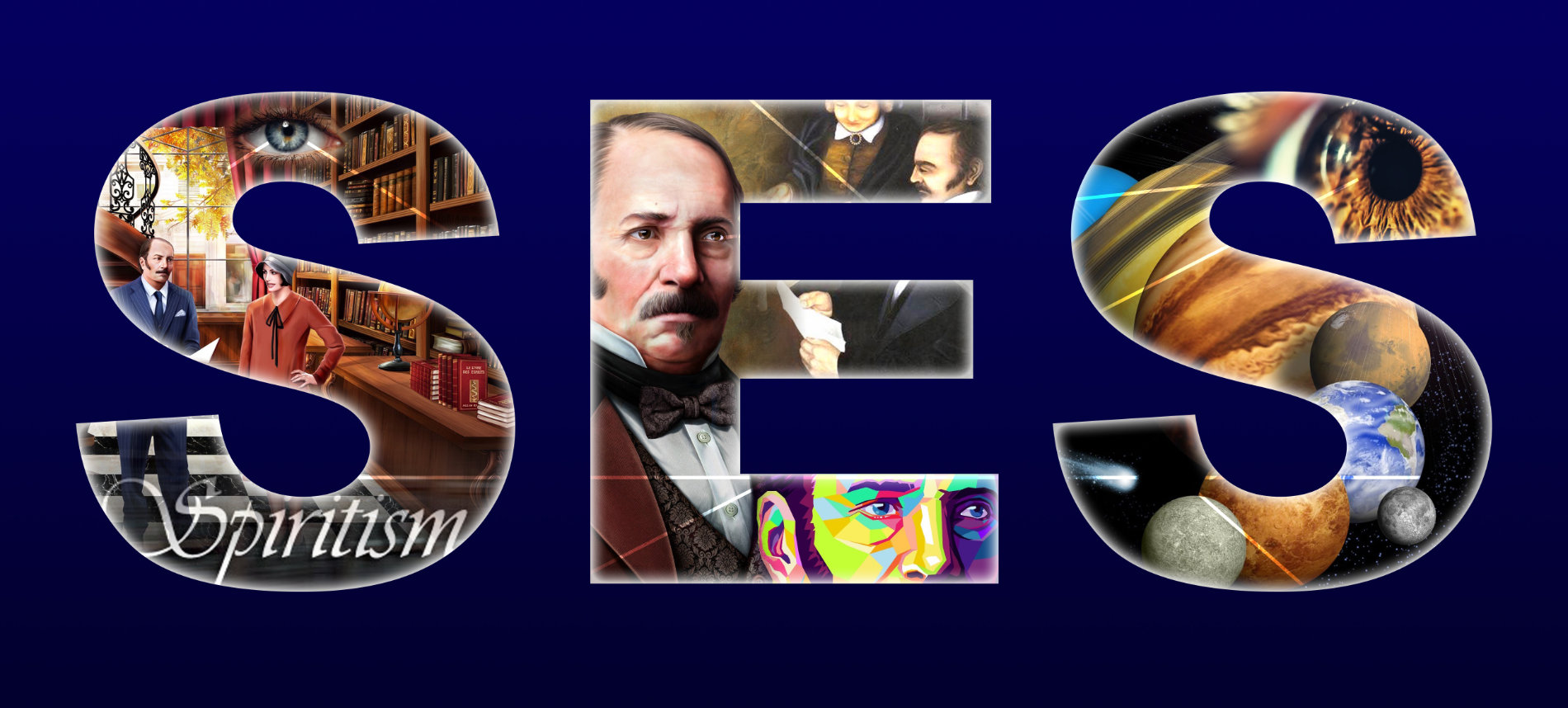Has the future finally come? Are we entering the era of medicine when the consciousness inhabiting the flesh is addressed by medical science? This “prophecy”, if I may use this word as a non-religious anticipation of the future, has been announced for the last fifty years in the Spiritist literature, especially in the works of Andre Luiz. Pronounced as a harbinger of a new future for the treatment of human diseases, the new medical practitioners would reach into the realities of the soul in order to understand the causes of many diseases that afflict the individual living in the flesh.
But, of course, we are not there yet and the medical sciences may have a long way to go. However, the first glimpses of this ideal are beginning to take shape in the field of Integrative Medicine and Integrative Mental Health. This new vision starts from the premise that the body has an innate ability to heal, and focuses on the treatment of the patient as a whole – body, mind, and spirit. It represents a movement towards a broader definition of health, and a fresh way of fostering a deeper understanding of self. It expands the conventional allopathic practice, by accepting a variety of non-traditional techniques such as: yoga, acupuncture, hypnosis, chiropractic, t’ai chi, meditation, and breathing exercises. The spirit becomes an essential part of medical care.

The need for an integrated approach is even more valuable in the area of mental health, where the dysfunctions of the spirit intervene in many forms of mental health disease. The obstacles for the acceptance of the existence of a spirit inhabiting a human body are still enormous, specially the implication that the spirit has existed before the body and has a history of experiences. However, this is a possibility worthy of consideration as we pursue a broader understanding of mental diseases. Though still in an exploratory stage, many psychiatric hospitals in Brazil have started practicing and researching spiritual techniques for the treatment of some types of psychotic disorders.
Psychosis is a generic term that characterizes disruptions to a person’s thoughts and perceptions, resulting in strange thinking, behaviors and emotions. Hearing voices and seeing things that aren’t there are common examples. Psychosis can also be present in bipolar disorders and depression.
In this video, the leading psychiatrist of a hospital where an integrated mental health approach is utilized describes how the treatment plan is applied including healing work, trance communication, deep prayer, and meditation.



Recent Comments